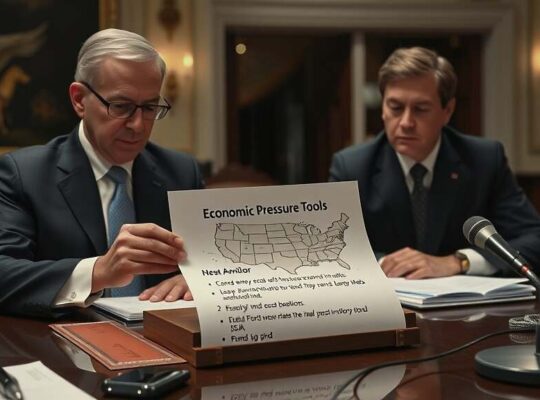German Foreign Minister Johann Wadephul has underscored the significance of his upcoming meeting with Bolivia’s nascent government, signaling a deliberate effort by Berlin to cultivate ties with the nation under President Rodrigo Paz Pereira. Speaking ahead of his departure from Colombia and onward to Bolivia, Wadephul emphasized the unusual speed of the engagement, describing the meeting with Paz, occurring on the administration’s third day and what he termed their “first proper working day” as a sign of Berlin’s commitment to the new political landscape.
The timing is particularly noteworthy, given the widespread hope within Bolivia for swift resolution of a protracted economic crisis. President Paz has publicly pledged to reorient the nation towards greater international engagement and integration, a policy actively welcomed and promised German support. While presented as a gesture of goodwill and partnership, the move also subtly highlights a pragmatic calculation on Berlin’s part, centering on Bolivia’s substantial resource wealth.
The potential for collaboration, particularly concerning crucial minerals for Germany’s energy transition, appears the driving force behind the accelerated diplomatic outreach. Bolivia holds significant deposits of lithium, a cornerstone material for electric vehicles and energy storage, alongside impressive reserves of rare earth elements. This strategic resource dependency, however, raises critical questions regarding Germany’s approach to Bolivian sovereignty and resource management. Concerns have been voiced regarding potential exploitation and the imposition of conditions that could undermine Bolivian economic autonomy.
Furthermore, the prospect of Bolivia’s potential accession to the EU-Mercosur trade agreement, currently nearing completion, presents both opportunities and complexities. While touted as a “booster” for bilateral economic relations, critics caution that such an arrangement could exacerbate existing power imbalances and potentially disadvantage Bolivian producers, demanding a careful and equitable negotiation process. The speed with which Germany is seeking to establish these ties begs scrutiny – will the bilateral partnership genuinely be mutually beneficial, or will it primarily serve Berlin’s strategic industrial needs, potentially at the expense of Bolivia’s developmental goals?












